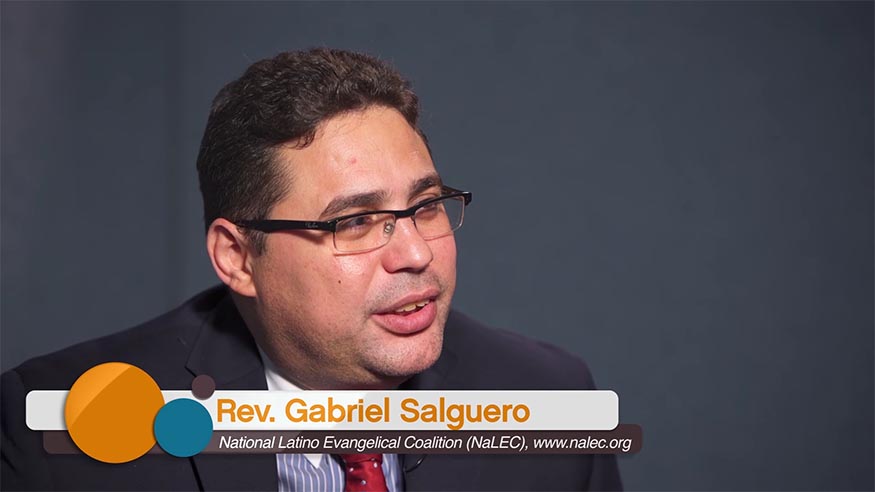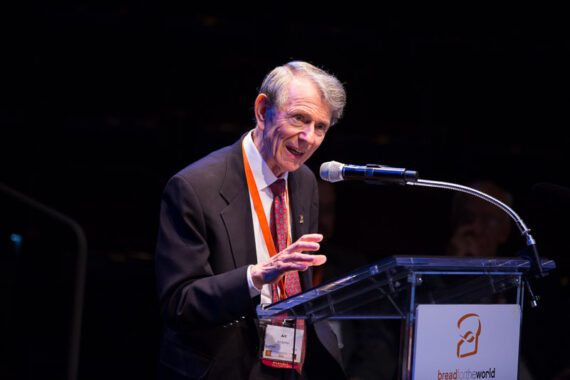“I’m a Christian, and Christians, we transact in hope. To believe that we can end extreme hunger by 2030, in my lifetime, I’m 41 years old, to say that we were the generation to be able to deal with this, not for political reasons, not for partisan reasons, but because of our commitment to the Gospel and our love of people, I think it’s something that I can celebrate and pass on to my two sons and say, “Hey, people of faith and people of goodwill work together to end abject hunger.” I think it’ll be a real jubilee.”
Rev. Gabriel Salguero is the founder of the National Latino Evangelical Coalition (NaLEC), which focuses on racial reconciliation. He is also pastor at Iglesia El Calvario in Orlando, Fla., along with his wife, Rev. Jeanette Salguero.
If you’d like to hear more about Rev. Gabriel Salguero’s thoughts on why Christians should work toward ending hunger, watch a brief video interview of him. And when you’re done, make sure to sign our Pledge to End Hunger on the same page as the video.



